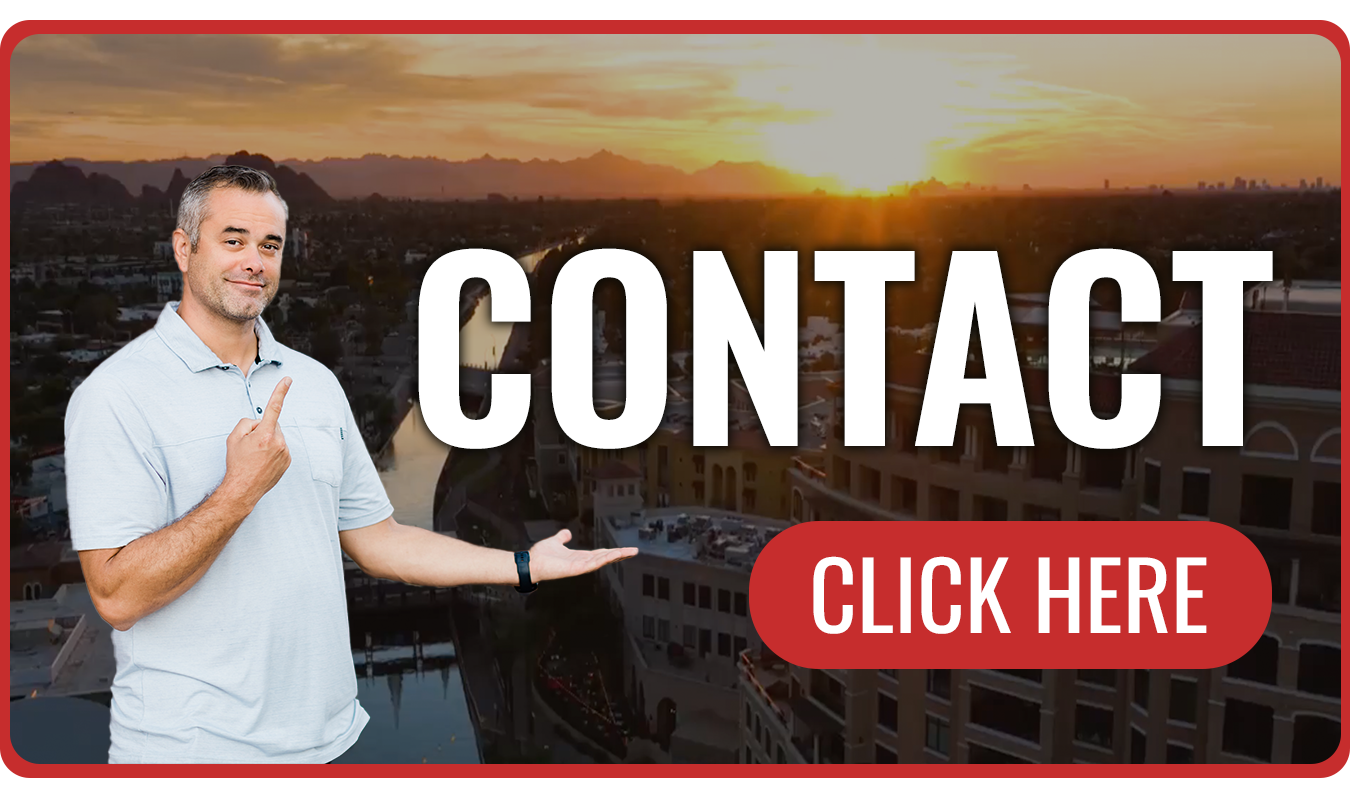When it comes to retirement living deciding between renting and homeownership requires thought. As you enter this phase of life we’re here to help you navigate the details and weigh the advantages and disadvantages so you can make informed choices that align with your vision for your golden years. 🌟
Owning
Having a home provides a sense of stability. It’s important to consider the potential drawbacks. While you won’t have to deal with rent increases from landlords owning a property introduces concerns like unexpected maintenance and changes in the real estate market. The crucial question is; Does the stability that comes with homeownership outweigh the stress it may bring?
Renting
On the other hand, renting offers flexibility and relieves you of the complexities of owning a home. You are no longer tied down by market conditions preserving your liquidity and transferring maintenance responsibilities to your landlord. However, it’s worth noting that rent hikes are, beyond your control carefully evaluating the overall cost-benefit equation is necessary.
Considering the landscape one crucial aspect to consider is the impact of taxes when deciding between renting and buying a home. Homeowners benefit from deductions on mortgage interest and property taxes giving them an advantage over renters in terms of savings. Unfortunately, renters miss out on these opportunities for tax benefits, which adds to the appeal of homeownership from a tax perspective.

When it comes to homeownership there are financial risks that often get overshadowed in the pursuit of stability. Fluctuations in the housing market unexpected expenses for maintenance or repairs and insurance deductibles can significantly increase costs. Undermine the perceived financial security. It’s important to account for inflation whether you choose to rent or own a home because both rental prices and ownership-related expenses tend to rise over time.
Renters have their advantages as well. By renting they essentially transfer the responsibility of maintenance costs, equipment failures, and unforeseen events like storms or floods onto their landlords. This provides renters with a safety net against uncertainties that come with homeownership.
One common misconception about homeownership is that it’s always an investment. However, Kirk Chisholm—a wealth manager—emphasizes that owning a home should be seen as an expense, rather than an investment.
The true essence of an investment lies in its ability to generate cash flow something that homeownership lacks by nature.
To consider a home as an investment homeowners would need to navigate the real estate market strategically. Buying when prices are low and selling when they are high. However, this approach comes with the risk of being priced out of the market if property values continue to rise. For retirees on a fixed budget, these market dynamics could limit their ability to purchase another property potentially forcing them back into the world of renting.

The Financial Freedom and Liquidity of Renting; Cashing Out
One financial advantage for tenants is the freedom from housing market conditions and increased liquidity. Selling a home involves a time-consuming process, and paperwork and often comes with real estate agency commissions that eat into the return on investment. Opting for renting for retirees who rely on pension funds provides a smoother financial landscape without the stress of homeownership expenses.
Advantages of Homeownership; Stability and Control, in Your Hands
For the fortunate 44% of retirees who own their homes mortgage-free homeownership may initially seem straightforward. However, it’s important to note that not having mortgage payments doesn’t necessarily make the decision easy. Owning a home comes with property taxes and maintenance costs, especially for older homes that may require more upkeep. It’s important to consider the financial commitment as maintenance expenses tend to increase with the age of the property.
One of the advantages of homeownership is stability and control. Unlike renting homeowners don’t have to worry about rent hikes and have the freedom to make decisions regarding property modifications, which adds a sense of security and personalization to their living experience.
On the other hand renting offers liberating benefits rather than being seen as a downgrade from homeownership. Renting provides options for empty nesters or those unsure of their ideal retirement location. It allows them the flexibility to downsize or explore areas without being tied down by homeownership. The option to move for weather lower living costs or proximity to family becomes more feasible.
Comparing the costs between renting and owning in your chosen location is crucial. According to a 2016 report by Trulia, renting was found to be less expensive than owning in 98 out of 100 cities with a population aged 65 and older. However it’s worth noting that regional variations exist and in some areas owning can be more cost-effective, than renting.
Another advantage of renting is having maintenance responsibilities compared to homeowners. Renters usually don’t bear the burden associated with major structural maintenance.
On average homeowners usually set aside around 1% to 4% of their property’s value each year for maintenance. The age of the house is a factor as older homes tend to have higher maintenance costs. On the other hand, renters are often relieved from the burden of maintenance due to lease agreements, which can be quite convenient as they grow older.

Financial Freedom; Opting for renting allows you to free up capital that can be strategically invested providing liquidity during retirement. Investments offer potential for growth rates compared to real estate and can contribute significantly to overall income during retirement. Additionally renting provides retirees with protection against housing market downturns, which is not available with homeownership.
Capital Gains and Tax Considerations; If you’re considering selling your home and transitioning to renting it’s important to take capital gains tax into account. Current tax laws provide a capital gains exclusion of $250,000 for filers and $500,000 for married couples filing jointly. Deductions for expenses such as realtor commissions and capital improvements can further reduce tax liabilities.
However, it’s worth noting that there may be changes in the landscape of capital gains tax in the future including significant increases. It’s advisable to seek guidance, from a tax expert before making any decisions to make an informed choice.
Crafting Your Retirement Oasis; Deciding Between Owning and Renting
When it comes to entering the retirement phase the choice between homeownership and renting is a decision that demands careful consideration. Here are some key factors to think about;
- Tax Advantages; Take a look at the tax benefits associated with renting versus owning taking into account recent changes in legislation.
- Investment or Living Expense; Determine whether you see your home as an investment or simply an unavoidable cost of living.
- Risks and Financial Flexibility; Evaluate the risks that come with homeownership, and unexpected expenses and assess how resilient your budget is, in dealing with them.
In the landscape of retirement living the decision to own or rent is deeply personal. Emotional attachments to owning a home alongside factors play a role in this nuanced decision-making process. Whether you imagine yourself in an owned space or prefer the freedom of renting carefully contemplating your path toward a stress free retirement haven is essential.




